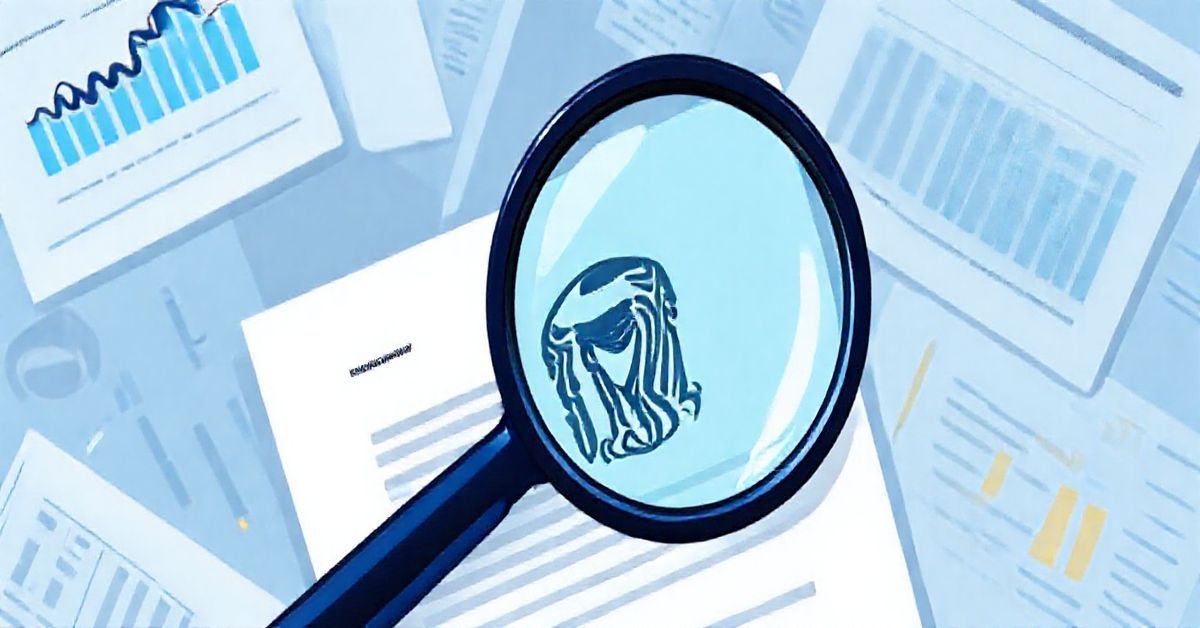Okay, so you’ve gotten a CP11 Notice in the mail, and maybe you’re feeling a little confused (or maybe even a little panicked!). That’s totally understandable. Let’s break it down. Think of this notice as the IRS saying, “Hey, we’ve looked at your tax return, and there was something that needed a little adjusting. This adjustment means you now owe a bit more.”
Essentially, the IRS has reviewed your tax return, found a discrepancy, and made a correction. These adjustments are usually based on information they received from other sources, like your employer or bank, or because of a change they had to make because you made an error. It’s a formal way of the IRS letting you know the new balance that’s due.

